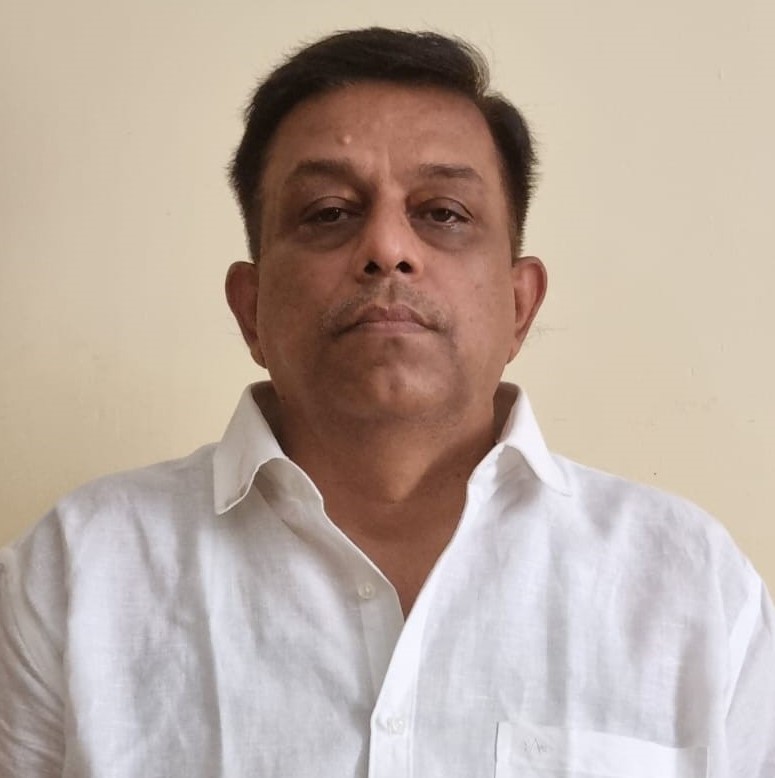A Blow to Dynastic Politics in Bangladesh

The struggle for control over the Bangladesh Nationalist Party (BNP) took a new turn after the reformist faction appointed former finance minister Saifur Rahman as the acting chairman. This decision was taken by the highest policy making standing committee in a five hour meeting on October 29. The committee also made former water resource minister and dissident leader Hafizuddin Ahmed the new Secretary General. However, the meeting allowed Khaleda Zia to remain as the party’s chairperson. These dramatic changes have taken place when Khaleda Zia and both her sons are in detention on various corruption charges. They are bound to have an impact on the future of the BNP, in which Khaleda’s leadership was considered unassailable. It might also help advance the “minus two” policy of the caretaker government, whereby it has been trying to sideline Bangladesh’s two main political figures.
The October 29 meeting of the standing committee was attended by eight out of its 12 members. Khaleda-appointed Secretary General, Khondokar Delwar Hossain, who is also a member of the committee, declined to participate in the proceedings on grounds of poor health, which, incidentally, also became the reason for his removal from the post. The meeting rejected Khaleda’s unilateral order expelling the party’s earlier Secretary General and rebel leader Abdul Mannan Bhuiyan and two other leaders after her September 3 arrest on corruption charges. The rebel faction has justified these decisions as necessary to maintain to the party’s unity.
For the time being, these changes have given the upper hand to BNP dissidents led by Bhuiyan, who have been leading a campaign for internal democracy within the party by reducing the chairperson’s absolute authority in the decision-making process.
The dissidents have also taken a follow-up step to consolidate their position. On October 31, a high-powered delegation from this group met the Election Commission (EC) to inform it about the changes in the party. They also staked claim for an invitation to the dialogue on political reforms as the mainstream BNP. If the dissident group succeeds in getting such an invitation, it would also become entitled for the election symbol of the party and the use of its headquarters, thus placing it in a better position to register itself with the EC as the mainstream BNP. Reports indicate that the dissident faction has already been assured of all this.
However, to run a national level political party it is not sufficient to have control over only a central committee. The dissidents will also have to mobilise grassroots level units and front organisations in their favour to have better control over the party. Moreover, these local units are also likely to be of immense help during the election process. This is where the real strength of the dissidents will be tested.
The mobilisation of local units will prompt grassroots level supporters of the BNP to come within the fold of the dissidents, which, in turn, will create difficulties for the Khaleda faction in the event of a split. The EC’s draft proposals lay down that a political party lacking representation in any of the previous parliaments must have committees in at least 32 districts with 1,000 members each. Besides, each of these districts will have to have a committee at all its upazilas (sub-districts) with at least 200 members.
The decisions of the standing committee are definitely a setback to Khaleda and her supporters. It signifies a challenge to her authority where she has hitherto enjoyed total control. But it would be premature to completely write Khaleda off. Khaleda loyalists are already questioning the validity of decisions taken by the standing committee. Hannan Shah has stated that the BNP constitution does not have provision for acting chairperson. He has also pointed out that only Khaleda, as chairperson, has the power to call the meeting of the standing committee. The debate has still not been resolved. When the rebels met the EC, the latter gave them several assurances. But it also stated that before taking a final decision it would look into the BNP’s constitution and letters submitted by both factions.
Another important question that arises here is whether the BNP would be able to outgrow Khaleda. Both mainstream political parties in Bangladesh – BNP and Awami League – have been synonymous with their chairpersons. However, one thing is clear, and that is, rebellion is spreading in the BNP and Mannan Bhuiyan is not the only one who is protesting. Even if Khaleda returns she will have to face a power struggle within the party, whose origins go back to the leadership of her late husband.
Reformists in BNP are in a strong position since their move appears to have the backing of the caretaker government led by Fakharuddin Ahmed. BNP’s previous general secretary, Khandaker Delwar Hossain, has a dubious past. Probably to put pressure on him, the caretaker government has suddenly gotten tough on the allegedly criminal activities of one of his sons.
Dissidence within the BNP is a positive development for Bangladesh’s politics. Many people, along with the present caretaker government, think that dynastic politics is the main malady of democratic politics in the country. This development will also boost the chances of the caretaker government handing over power to an elected government. So far, the strong hold of the begums on their parties had hardly given any room for the caretaker government to free politics from the control of the two begums. But the reformist assertion within the BNP will provide the military-supported caretaker government greater elbow room. This development also provides hope to the people of Bangladesh that democracy would be restored sooner than later.








